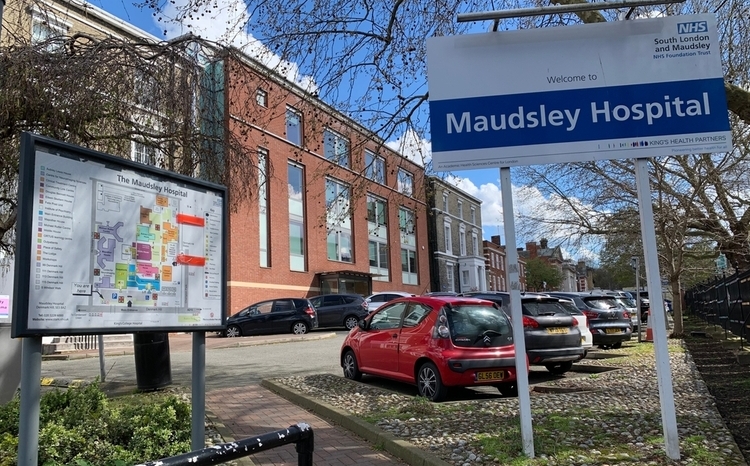South London and Maudsley CIO Stephen Docherty to join Microsoft
- 1 April 2019

The CIO of South London and Maudsley NHS Foundation Trust (SLaM) is stepping down from the role to join one of the world’s biggest tech companies.
Stephen Docherty will be taking up the new role of industry executive for health at Microsoft in June.
“I’ve had an amazing four and a half years working at SLAM and across the wider health sector,” he told Digital Health.
“I’m really proud of being part of a great team that has achieved a lot on the Trust’s digital journey. We were the first trust to start adopting Office 365 in 2015 and the first to utilise the UK Azure cloud region in late 2016. This shift to the cloud has really enabled the creation of a truly digital workforce here at SLaM.
“My background is in the tech industry and I’m really passionate about how technology can be used for the greater good, so this opportunity with Microsoft gives me an opportunity to make a big impact across the health sector.
“I’m really excited about the possibilities that technology can present as we help transform the NHS and beyond.”
The role at Microsoft is a senior position working with customers at a strategic level, helping them build a plan for digital change in health.
“Stephen will bring a wealth of customer and industry insight, and he’s eager to make a larger impact in helping the NHS digitally transform,” Microsoft general manager of the public sector, Chris Perkins, told Digital Health.
“We are very excited to have him join the team, and continue to help solve some of the most pressing digital opportunities within the UK health market.”
Docherty, who has been CIO at the mental health global digital exemplar trust since 2014, plans to begin the implementation of a data strategy at SLaM before his departure.
He has overseen the trust’s IT strategy since 2015, with the next step being the data strategy.
“My aim is to deliver this for the trust board to approve before I leave,” Docherty added.
“For me this is the natural progression, become a cloud-first organisation, work with our staff to give them the right devices and coaching to fully adopt the cloud tools, and leads to the next phase of wanting more information at their fingertips as we strive to continuously improve the quality of the services we provide to our population.”
Docherty also spoke at the inaugural Digital Health Rewired Conference and Exhibition in London on 26 March about the potential of open platform EPR 2.0 development in mental health.
He joins the likes of Richard Corbridge and Rachel Dunscombe who have recently announced they are leaving their NHS IT roles.





1 Comments
I hope your appointment can be the opportunity to bolster integrated care systems that effectively link up with the private care providers being used in long term mental health care. Here there seems to be poor accountability between commissioning services and the individual private organisations which in my view only limits monitoring of the patients in their care. A better linked digital system that can monitor patient outcomes, link in with primary care as well as long term care mental health teams (local care records access between secondary care, GP systems and Slam already exist) would be ideal. Thanks. I am a long term senior manager in primary care, but also a long term carer to someone in residential mental health care.
Comments are closed.